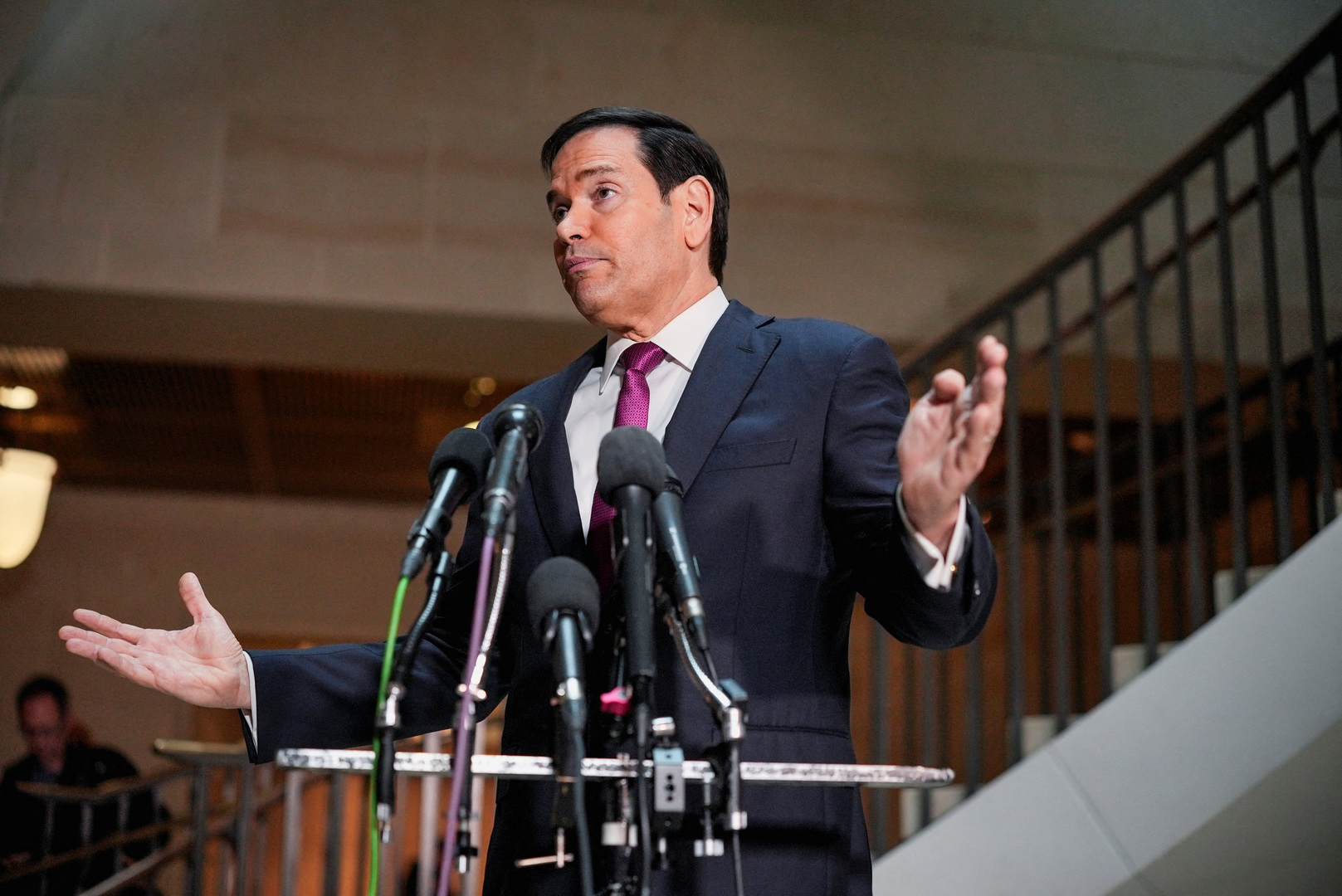A commander in Iran’s Revolutionary Guard Corps (IRGC) has said the Strait of Hormuz is closed and warned that any vessel attempting to pass through will be attacked, according to Iranian state media.
“The strait is closed. If anyone tries to pass, the heroes of the Revolutionary Guard and the regular navy will set those ships ablaze,” Ebrahim Jabari, a senior adviser to the IRGC’s commander-in-chief, said on Monday.
Recommended Stories
list of 4 itemsend of list
Tehran has targeted infrastructure critical to the world’s energy production as part of its retaliation for the Israeli and US bombing campaign that began on Saturday and killed Iranian Supreme Leader Ayatollah Ali Khamenei and other senior officials.
“We will also attack oil pipelines and will not allow a single drop of oil to leave the region. Oil price will reach $200 in the coming days,” Jabbari said in a post on the IRGC’s Telegram channel.
“The Americans, with debts of thousands of billions of dollars, are dependent on the region’s oil, but they should know that not even a drop of oil will reach them,” he was also quoted as saying by the semi-official Tasnim news agency.
Rising energy prices
The Strait of Hormuz, which lies between Iran and Oman, is one of the world’s most critical oil transit routes, with roughly 20 percent of global oil supplies passing through it.
Any disruptions there will further send crude prices soaring and raise fears of a regional escalation.
Energy prices already rose sharply earlier on Monday as disruptions to tanker traffic through the strait, and damage to production facilities, raised uncertainty about how the US-Israeli attacks on Iran would affect supply to the world economy.
The biggest shock was to natural gas prices, which rose by almost 50 percent in Europe and nearly 40 percent in Asia as QatarEnergy, a major supplier, halted the production of liquefied natural gas after its LNG facilities were attacked.
Earlier, Saudi Arabia’s Ras Tanura oil refinery also came under attack from drones, and its defences downed the incoming aircraft, a military spokesman told the state-run Saudi Press Agency. The refinery has a capacity of more than half a million barrels of crude oil a day.
In response, the US said it would take action to mitigate rising energy prices due to the war with Iran, according to US Secretary of State Marco Rubio.





